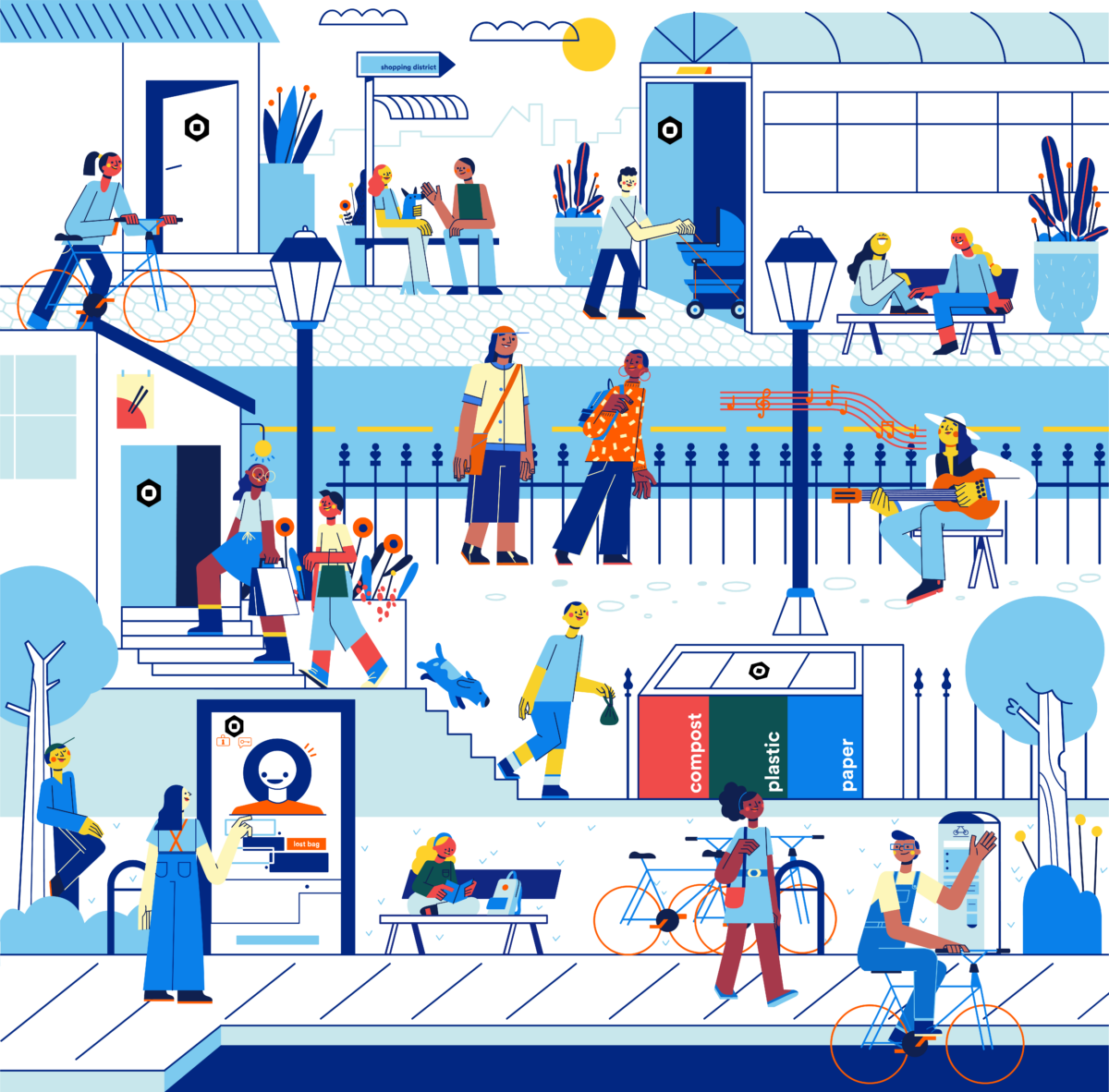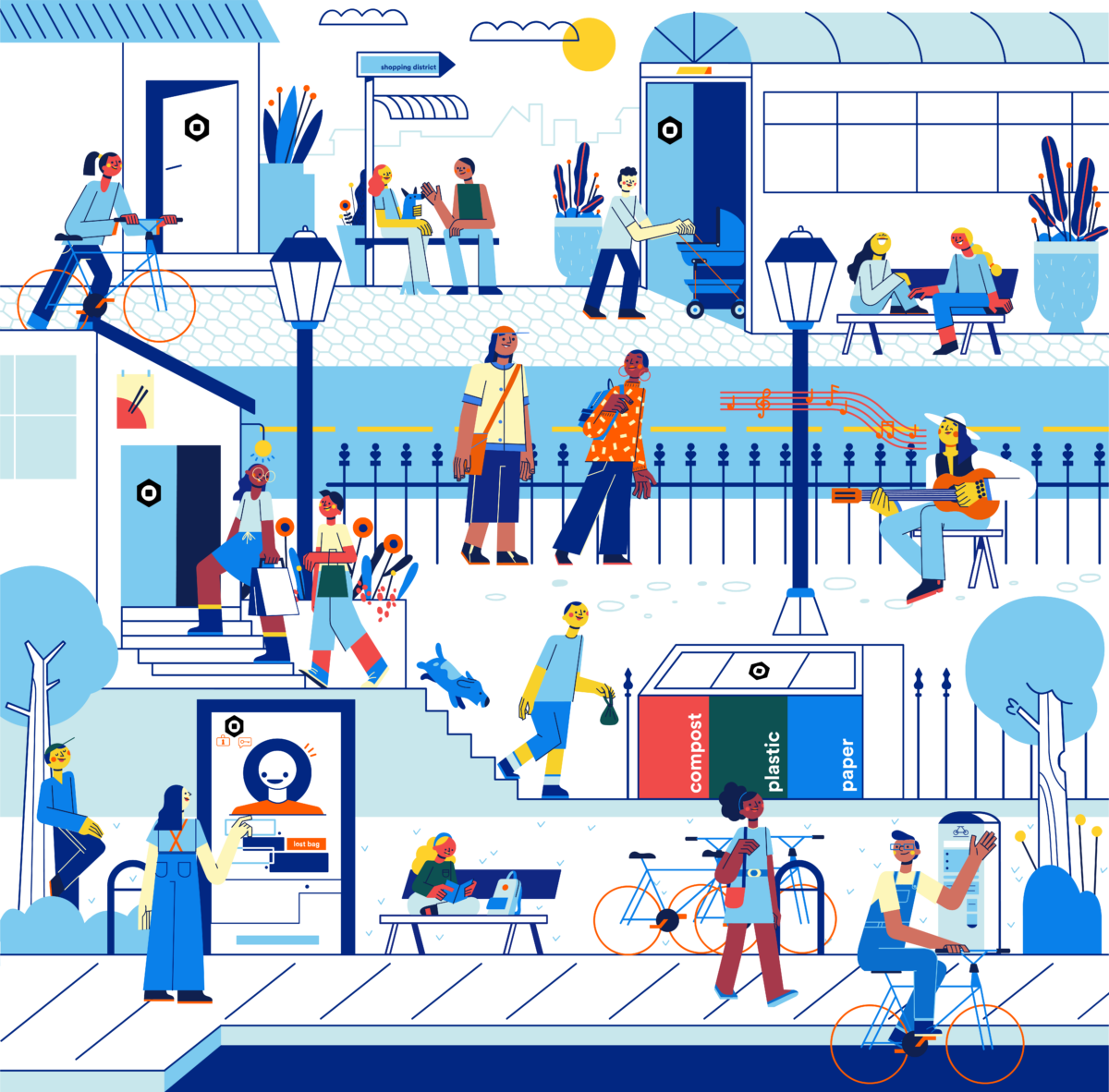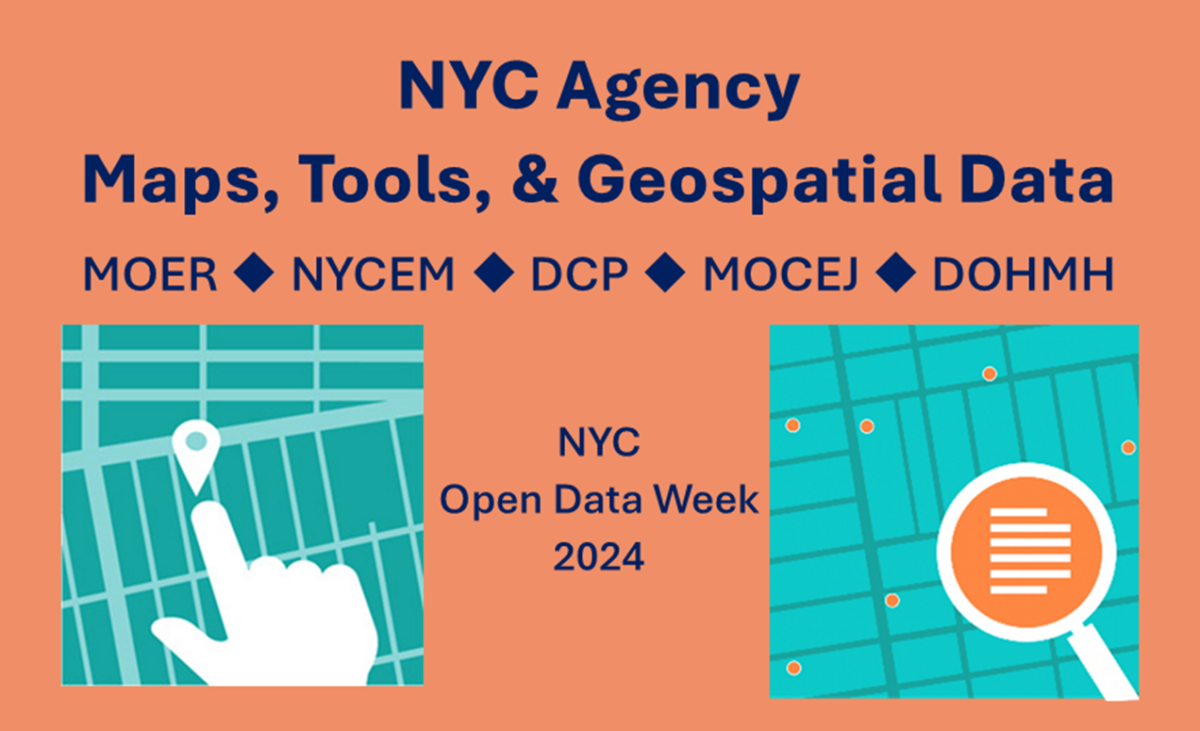The Bronx River Alliance uses, collects, and analyzes data from countless sources to advocate for and improve the condition of the Bronx River and the communities that surround it. Join us to see how data has brought an urban river corridor back to life, and discuss ways in which environmental data accessibility can be improved to further environmental restoration and protection goals across the city and beyond.
We’ll kick off the event with a short presentation about the Bronx River Alliance – including the work we do and the challenges we face in collecting, organizing, and sharing data. Afterwards, we will open the floor for a collaborative brainstorming discussion about community data collection, especially around water quality and the overall environment of New York City, and have some time for attendees to chat with each other.
The last hour of the event will consist of an optional walking tour (handicap accessible) of Starlight Park and the Bronx River House
If you have shareable ecological data – whether you collect water samples, are an avid recorder of bird migrations, or work in a laboratory for soil analysis – please come prepared to discuss or even bring a sample!
Email christian.murphy[at]bronxriver.org with any questions.







